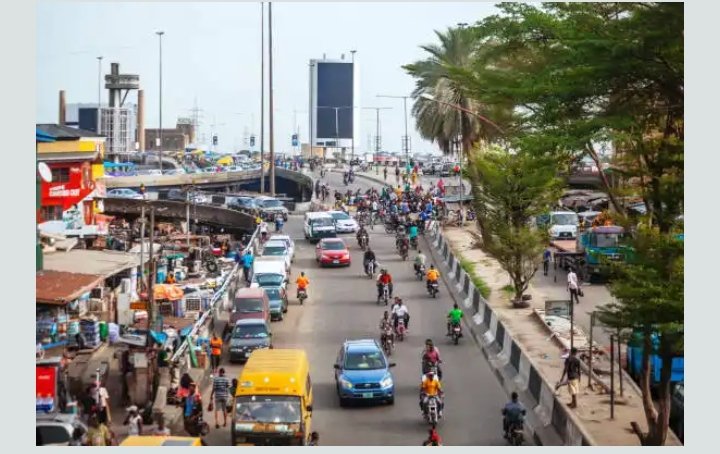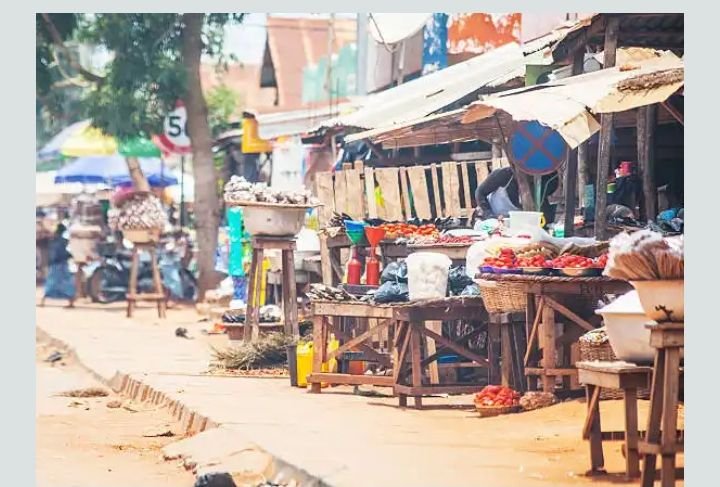In a country facing an economic downturn, the best way to survive is by showing compassion and being our brother's keeper, rather than using the situation to worsen things for others and then blaming the government. After all, there's an old saying: "When you point one finger, three point back at you."
It’s no secret that in the past two months, the price of petrol surged to about 1,400 naira, leading to a hike in transportation costs, which everyone could understand. However, recently during the festive period the price of fuel dropped to about 970 to 1,000 naira per liter, which should have reflected in transportation fares. But has it? No. So, who is to blame the government or the transporters?
Today, I took a motorcycle ride and was shocked to hear the cyclist charge me 1,500 naira for a trip that used to cost 600 naira, a price that had been raised due to the fuel price hike. Out of frustration and curiosity, I asked the cyclist why the fare was increasing despite the drop in fuel prices. To my surprise, there was no reasonable explanation for the increased fare. I was left to conclude that much of the country’s problems are not caused by the leaders, but by the actions of the citizens themselves.
Sometimes, instead of always blaming the government or leaders, we should look inward and blame ourselves because we contribute to some of these hardships.
Currently, fuel prices remain between ₦1000 and ₦970 depending on where you buy it, and there hasn’t been an increment in weeks. Yet, almost every keke and bike rider has arbitrarily increased their fares. If you ask them the reason for the hike, they can’t provide any valid explanation.
Now, a trader who pays the increased fare will naturally adjust the prices of goods in their shop to cover costs. Later, the same keke or bike rider will visit the trader’s shop, see the price increase, and blame the trader, forgetting that they started the cycle. This back-and-forth continues, and in the end, everyone turns to blame the president or governor. This is us pinching ourselves and blaming the mosquito.
Sometimes, we need to reflect and hold ourselves accountable before blaming others. "He who throws stones in the market should not complain when it hits his own kin." As we begin the new year, let us be considerate and compassionate in our dealings with others. This is one of the key ways to help navigate the challenges of a tough economy.
Thanks you for stopping by @nsigo1 blog once again. Stay tune for more insightful and fun-filled prompts.

